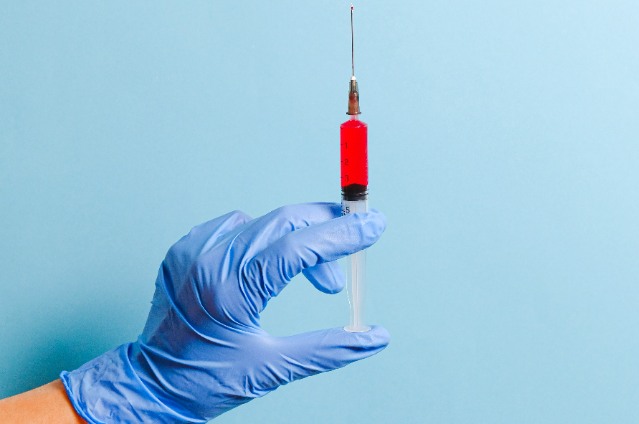
For quite a long period, India has been battling against the rising cases of cervical cancer among women. It is one of the top three most prevailing cancers that exist in India. It is even one of the rare tumors where a virus is indeed the cause of the disease. Cervical cancer contributes to approximately 6 to 29% of all cancers in women. For years, different medical institutes have been attempting to find a medication to resist the disease, and eventually, India has been successful to develop its first indigenous vaccine to produce antibodies against cervical cancer. To combat the condition of cervical cancer, the Serum Institute of India in collaboration with the Department of Biotechnology has developed a vaccine named CERVAVAC Human Papilloma Virus Vaccine (qHPV). The vaccination tests of CERVAVAC have indicated significantly robust antibody responses against all the targeted HPV types in both doses and age groups which are approximately 1000 times higher than the baseline.
The CERVAVAC qHPV is completely gender-neutral and medical experts have suggested girls and boys aged 11 to 15 years take the vaccine in the initial phase of the vaccination process. The Serum Institute of India has stated to expect the vaccine to be priced between Rs 200 to 400 per dose. The institute will begin production by November or December 2022 and the Government of India will discuss the conclusive decision on rates.
Such recent changes in the healthcare sector have impacted cancer treatment extensively. And through the lens of the impact in India, the new developments in vaccinations can certainly help to strengthen the healthcare systems against conditions like cancer.
. . .
Reference:
